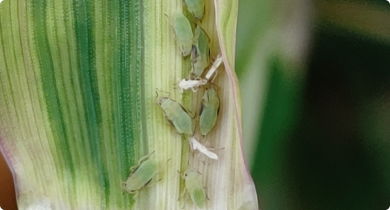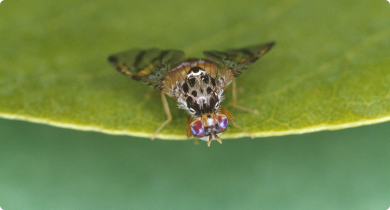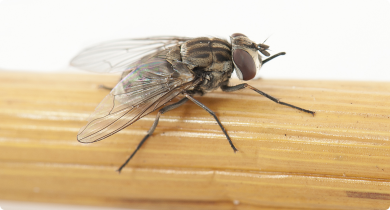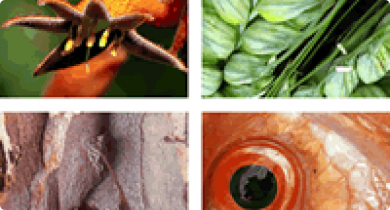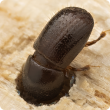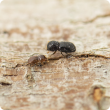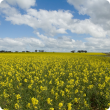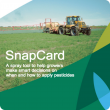Pests
Animal pests, both vertebrates (backbone) and invertebrates (no backbone), can have an adverse impact on agriculture, the natural environment and even our lifestyle. Animal pests may be exotic animals which are introduced, either accidentally or deliberately. Native animals may also be pests in certain situations.
The Department of Primary Industries and Regional Development manages pests in Western Australia through policy development, risk assessment, research and development, provision of technical advice and information, implementation of regulation, emergency response, property inspections, industry liaison, and the planning and coordination of significant species control/eradication programs.
For advice on pests search our website, the Western Australian Organism List or contact our Pest and Disease Information Service (PaDIS).
For diagnostic services, please contact our Diagnostic Laboratory Services.
See Also
Filter by search
Filter by topic
- (-) Remove Diseases filter Diseases
- Crops (18) Apply Crops filter
- Pest insects (13) Apply Pest insects filter
- Grains (12) Apply Grains filter
- Crop diseases (12) Apply Crop diseases filter
- Biosecurity & quarantine (11) Apply Biosecurity & quarantine filter
- Biosecurity (11) Apply Biosecurity filter
- Plant biosecurity (10) Apply Plant biosecurity filter
- Weeds (7) Apply Weeds filter
- Horticulture (7) Apply Horticulture filter
- Control methods (6) Apply Control methods filter
- Canola (5) Apply Canola filter
- Wheat (5) Apply Wheat filter
- Fungi (5) Apply Fungi filter
- Nematodes (4) Apply Nematodes filter
- Oats (4) Apply Oats filter
- Mechanical, physical and cultural (4) Apply Mechanical, physical and cultural filter
- Grains research & development (4) Apply Grains research & development filter
- Barley (4) Apply Barley filter
- Production & postharvest (3) Apply Production & postharvest filter
- Vegetables (3) Apply Vegetables filter
- Quarantine (3) Apply Quarantine filter
- Potatoes (3) Apply Potatoes filter
- Lupins (3) Apply Lupins filter
- Crop weeds (3) Apply Crop weeds filter
- Invasive species (3) Apply Invasive species filter
- Livestock biosecurity (3) Apply Livestock biosecurity filter
- Pulses (2) Apply Pulses filter
- Pastures (2) Apply Pastures filter
- Viruses & virus-like (2) Apply Viruses & virus-like filter
- Fruit (2) Apply Fruit filter
- Chemicals (2) Apply Chemicals filter
- Intrastate movement (1) Apply Intrastate movement filter
- Harvesting (1) Apply Harvesting filter
- Grains Research & Development (1) Apply Grains Research & Development filter
- Irrigated crops (1) Apply Irrigated crops filter
- Livestock disease surveillance (1) Apply Livestock disease surveillance filter
- Fungicides (1) Apply Fungicides filter
- New horticulture crops (1) Apply New horticulture crops filter
- Livestock health & diseases (1) Apply Livestock health & diseases filter
- Emergency response (1) Apply Emergency response filter
- Bacteria (1) Apply Bacteria filter
- Agribusiness Food & Trade (1) Apply Agribusiness Food & Trade filter
- Citrus (1) Apply Citrus filter
- Exporting from Western Australia (1) Apply Exporting from Western Australia filter
- Food & beverages (1) Apply Food & beverages filter
- Exporting plant and plant products (1) Apply Exporting plant and plant products filter
- Food safety (1) Apply Food safety filter

